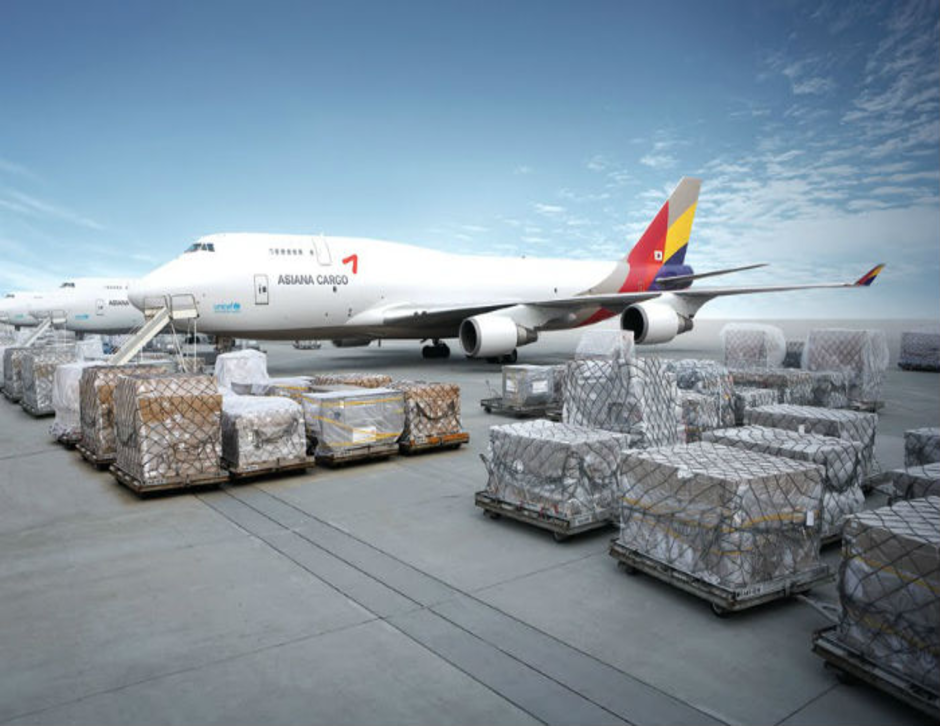In today's fast-paced world, a well-functioning transportation system plays a pivotal role in driving economic growth, fostering social cohesion, and enhancing overall quality of life. From facilitating the movement of goods and people to reducing congestion and pollution, a good transportation system is vital for the sustainable development of any region or country. In this blog post, we will delve into the multifaceted importance of a well-designed and efficient transportation system.
- Economic Growth and Trade:
A good transportation system is the backbone of a thriving economy. It enables the smooth flow of goods and services, connecting producers with consumers, and facilitating trade both domestically and internationally. Efficient transportation networks reduce transaction costs, enhance market access, and stimulate economic activities. By providing reliable and timely delivery of goods, a robust transportation system boosts productivity, attracts investments, and fuels economic growth. - Job Creation and Employment:
A well-developed transportation system creates numerous employment opportunities across various sectors. From construction and maintenance of infrastructure to logistics and supply chain management, transportation-related industries generate jobs at different skill levels. Additionally, improved connectivity and accessibility provided by a good transportation system attract businesses and industries to set up operations in previously inaccessible areas, leading to job creation and regional development. - Social Integration and Accessibility:
A good transportation system promotes social integration by connecting people from different regions, cultures, and socioeconomic backgrounds. It enhances accessibility to education, healthcare, and recreational facilities, ensuring equal opportunities for all. Additionally, reliable public transportation systems reduce dependency on private vehicles, making mobility more affordable and inclusive. This fosters social cohesion, reduces social isolation, and improves overall quality of life. - Environmental Sustainability:
An efficient transportation system plays a crucial role in mitigating environmental challenges. By promoting the use of public transportation and reducing reliance on private vehicles, it helps alleviate traffic congestion, decrease fuel consumption, and minimize greenhouse gas emissions. Additionally, well-planned transportation infrastructure can incorporate sustainable practices such as bike lanes, pedestrian-friendly pathways, and electric vehicle charging stations, further reducing carbon footprint and promoting eco-friendly modes of transportation. - Disaster Resilience and Emergency Response:
During times of natural disasters or emergencies, a well-functioning transportation system is vital for effective response and recovery efforts. It enables the swift movement of emergency personnel, supplies, and equipment to affected areas, ensuring timely assistance to those in need. Furthermore, a resilient transportation system with redundant routes and alternative modes of transport can help mitigate disruptions caused by unforeseen events, ensuring continuity in essential services and minimizing economic losses.
Conclusion:
In conclusion, a good transportation system is indispensable for the sustainable development and prosperity of any region or country. It drives economic growth, creates employment opportunities, enhances social integration, promotes environmental sustainability, and ensures resilience in the face of emergencies. Recognizing the importance of investing in transportation infrastructure and adopting innovative solutions is crucial for building a prosperous and inclusive society. Let us strive for a future where efficient transportation systems connect people, goods, and ideas seamlessly, fostering progress and well-being for all.

